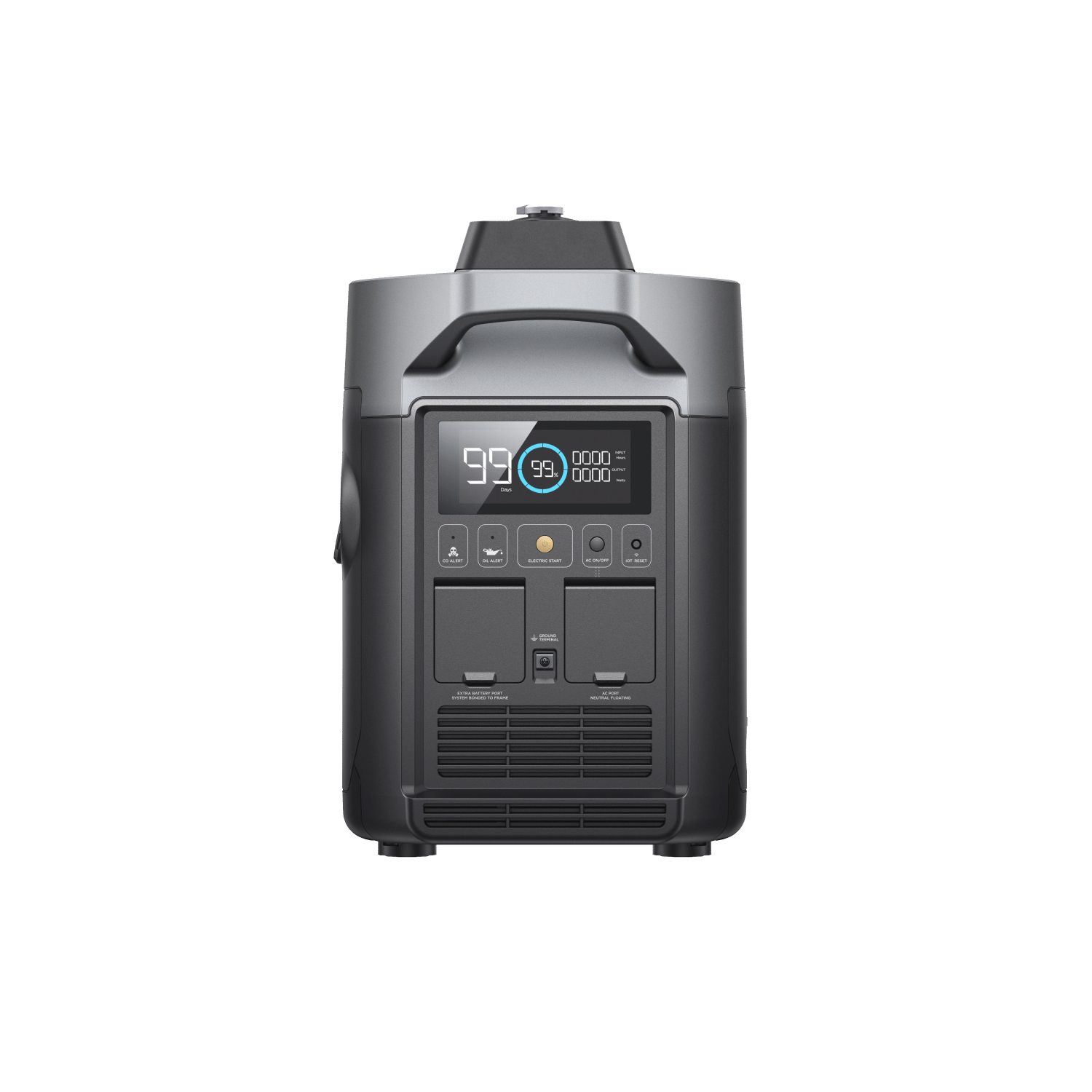Are there any bad/fossil fuel power options that isn't the old school generator? What else is out there? For generators, since they are the known working solution, how much does it cost to even run them regularly for all your needs if one was off grid and how much fuel does it actually take? I haven't experienced outages much at all so maybe someone else can chime in.
During the winter, the IOUs in CA aren't just going with solar neither I don't think.
If there was a robust solution for no sun, no matter how bad/dirty, then at least that's a solution if someone truly wanted to test off grid. I think most typical residential homes just aren't designed for it since a roof can't hold a lot of panels for most people.
I know I can't add much more panels to my home.
I think that this is one of the "it depends" answers, but here goes.
You could power your generator with renewable fuel (biogas/methane, biodiesel, DME, ethanol, or even methanol). Not without issues, but it is completely doable.
Old school diesel generators run 0.7-1.2gal/hr, so at least $0.38/kWh on fuel costs, plus capital, and service costs. If you have a large generator idling along at 10% of capacity, it won't be happy and your cost/kWh could easily be ten times that number.
Inverter generators do a better job of matching fuel consumption to power produced, but at the end of the day the cost/kWh is similar, while the capital, and service costs are higher than old school. (Reliability is a TBD in my book.) If you run gasoline, figure 20% higher fuel costs.
Natural gas and propane prices are very local, and affect the costs dramatically. Whether they are reasonable sources in an emergency depends. As the fairly recent Texas freezes showed, natural gas isn't entirely reliable, and cost lots of Texans when it wasn't available. So, I think that you have to factor in that it may not always be available when you need it. (Ditto earthquakes) Enough propane to get through a prolonged outage can require truly enormous amounts of fuel, in part due to the inefficiency of energy conversion in generators, and storing that much compressed hydrocarbon fuel is not without fire risks.
I tend to think that these issues aren't yes/no, true/false, and are perhaps best handled by multiple, overlapping, solutions for the greatest resiliency, but that is rarely straightforward.
All the best,
BG




